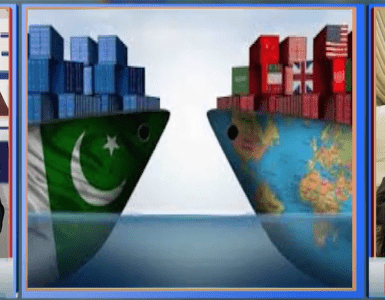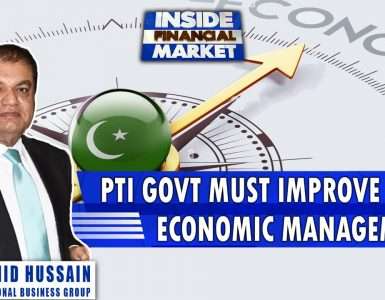The International Monetary Fund (IMF) has warned Pakistan and other oil importers that because of an increase in global prices, their oil bills for 2017 will be almost 30 per cent higher than the last year.
“Any further increases could undermine consumption, increase fiscal risks, and worsen external imbalances,” the IMF warns in its May 2017 Regional Economic Outlook for the Middle East, the Gulf, and North Africa, Afghanistan and Pakistan (MENAP).
But the report also says that this downside risk would be partly offset by higher remittances and other foreign support from oil-exporting countries in the region, principally benefiting Pakistan, Egypt, Jordan and Lebanon.
The IMF places Pakistan among the countries where savings from low oil prices and reduced subsidies have allowed for increased spending on infrastructure, health care, education, and social services. But the IMF warns that it will be increasingly difficult to maintain this spending now that oil prices are expected to be higher.
The IMF predicts that growth in the entire region may increase from 3.7pc in 2016 to 4pc in 2017 and to 4.4pc in 2018. In part, this rebound will reflect a fading of idiosyncratic shocks from 2016, which manifested itself in a weak cotton harvest in Pakistan.
The report places Pakistan among the countries that are reaping continued dividends from past reforms and whose growth will be supported by the broader global recovery, which is expected to boost demand from the region’s main export markets. “In Pakistan, the implementation of the China-Pakistan Economic Corridor will boost investment,” the IMF predicts.
But the report warns that the associated debt-service burden is significant for a number of MENAP oil importers, including Pakistan, where it absorbed between 28pc and 48pc of revenues in 2016, leaving less scope for social spending or public investment.
The IMF, however, describes recent fiscal trends for the region as encouraging, noting that the average fiscal deficit in MENAP countries fell from a peak of 9.5pc of gross domestic product in 2013 to about 7pc in 2016.
In large part, this improvement reflects reduced fuel subsidies and lower transfers to energy-related state-owned enterprises. In Pakistan, efforts to increase revenue also helped, the report adds.
The IMF reminds MENAP oil importers that a key priority for them is to generate higher revenues by broadening the existing tax base. This will require measures to rationalise multiple value-added tax rates while Pakistan needs to simplify its tax rate structure and eliminate exemptions. The Fund also places Pakistan among the countries that are required to renew efforts to strengthen tax administration.
Given five consecutive years of subdued growth, along with an uncertain outlook, state banks in Pakistan, Egypt, Jordan and Tunisia face a challenging environment, particularly with relatively high levels of nonperforming loan ratios. The IMF urges them to improve their deposit insurance arrangements.
The report notes that MENAP oil importers are also exposed to changes in global financial conditions. While sovereign spreads for many oil importers have narrowed recently, “US interest rates have risen, and tighter and more volatile global financial conditions could increase borrowing costs for MENAP oil importers and their banks, adding to fiscal sustainability concerns, weighing on bank balance sheets, and undermining private sector activity,” it warns.
The IMF notes that such tightening could be particularly challenging for countries such as Egypt, Jordan, Lebanon, Pakistan and Tunisia, which will be competing for funds in international markets.
The report alerts Pakistan, Afghanistan, Egypt and Lebanon that a worsening of security conditions or social tensions within their borders could derail policy implementation and weaken economic activity.










Add comment